
Sign in to your ScreenRant account
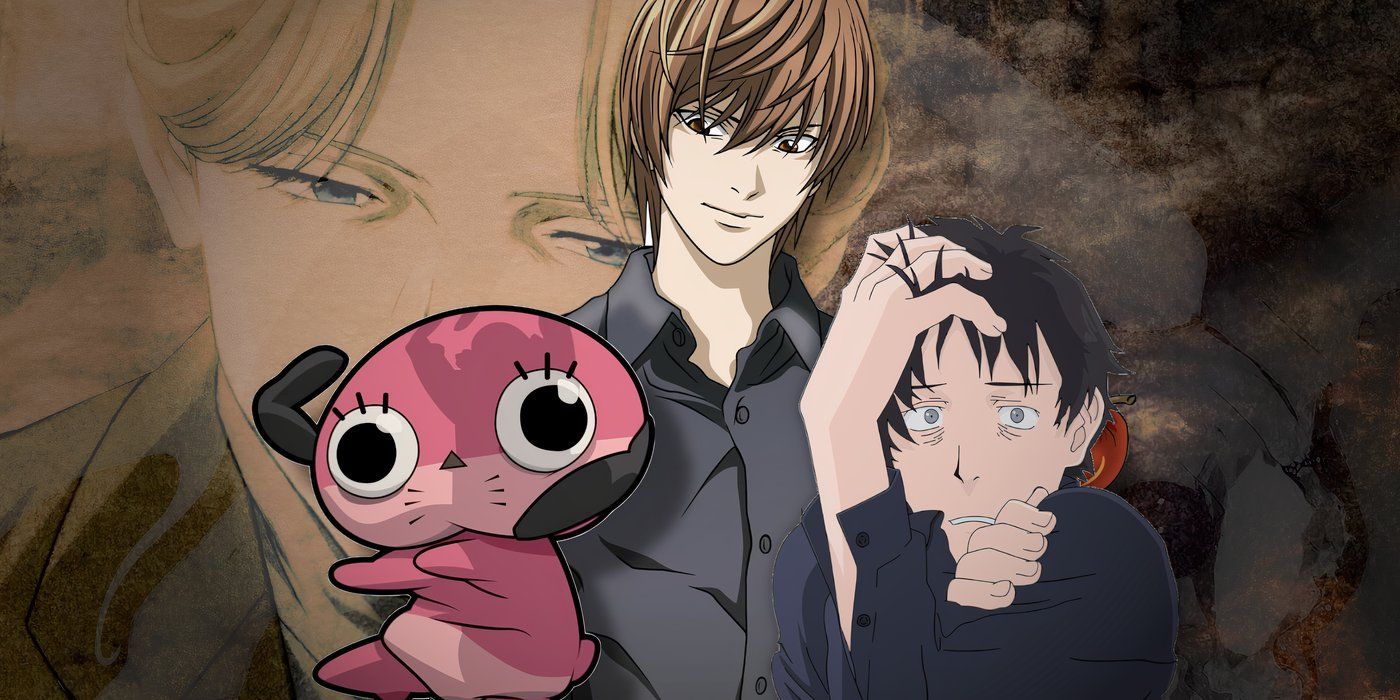
Nowadays, it starts to feel like every anime is gunning for a remake or a reboot. There are plenty of valid reasons fans might want some series to get a remake, like cleaning up the filler or sticking more faithfully to its source material's plot. Reboots and remakes offer the chance for a fresh take on a familiar franchise, and they also offer a second go for a series whose first adaptation maybe didn't do it justice.
What about series that don't need a remake, though? It might come as a surprise to hear that there are many series that not only don't need a remake, but which would probably be hurt by a remake. Sometimes the first go at a series is just exceptional on its own—so good that a reboot would threaten to ruin something that's already fantastic. Other times, it's because the things that bring a series its warm reception are ultimately products of their time—things which would make the series feel like a fish out of water, today. It's a rare honor, but there are some anime that already stand as a pinnacle of animation.
7 Death Note (2007)
Based on the Manga by Tsugumi Ohba and Takeshi Obata
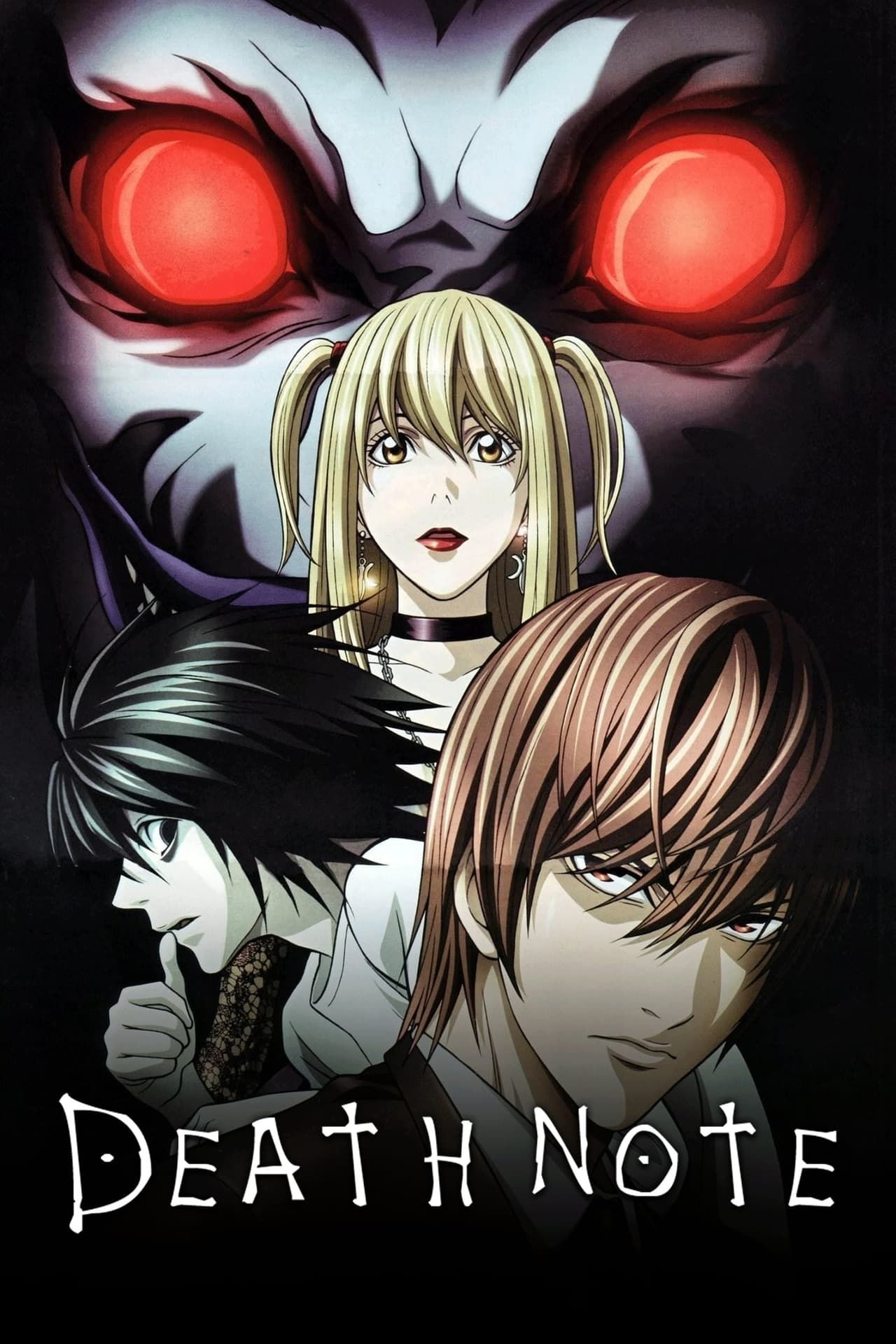
Death Note follows high school student Light Yagami, who discovers a mysterious notebook granting the power to kill anyone by writing their name in it. As Light uses the notebook to enact his own sense of justice, he attracts the attention of the enigmatic detective known as L, leading to a complex game of cat and mouse. This Japanese anime series explores themes of morality, power, and the consequences of absolute authority.
Release Date October 4, 2006
Cast Mamoru Miyano , Brad Swaile , Vincent Tong , Ryō Naitō , Trevor Devall
Seasons 1
A Golden Age Madhouse classic, Death Note hardly needs introduction. If one is somehow uninitiated, though, the story covers Light Yagami, a high-school student who retrieves a note dropped by a shinigami which enables him to kill people at will—subject to a set of rules, of course. Anything more would be a spoiler, although any anime fan is probably familiar with how the story plays out.
Because Death Note has a huge following, there might be an impulse for the series to be remade with modern animation standards. In reality, though, it's entirely unnecessary. The passage of time has caused some Death Note fans to reconsider reimaginings of the series, but there's no beating the original. The pensive post-rock soundtrack lends it a perfect tension, the palette is top-notch. In a sense, where Death Note does have a sense of crunchiness, the crunchiness is integral to the charm of the series. It's perfectly claustrophobic, and it was such a flash in the pan that any remake would probably render it lifeless.
6 Paranoia Agent (2004)
Original Anime Series Created by Satoshi Kon and Produced by Madhouse
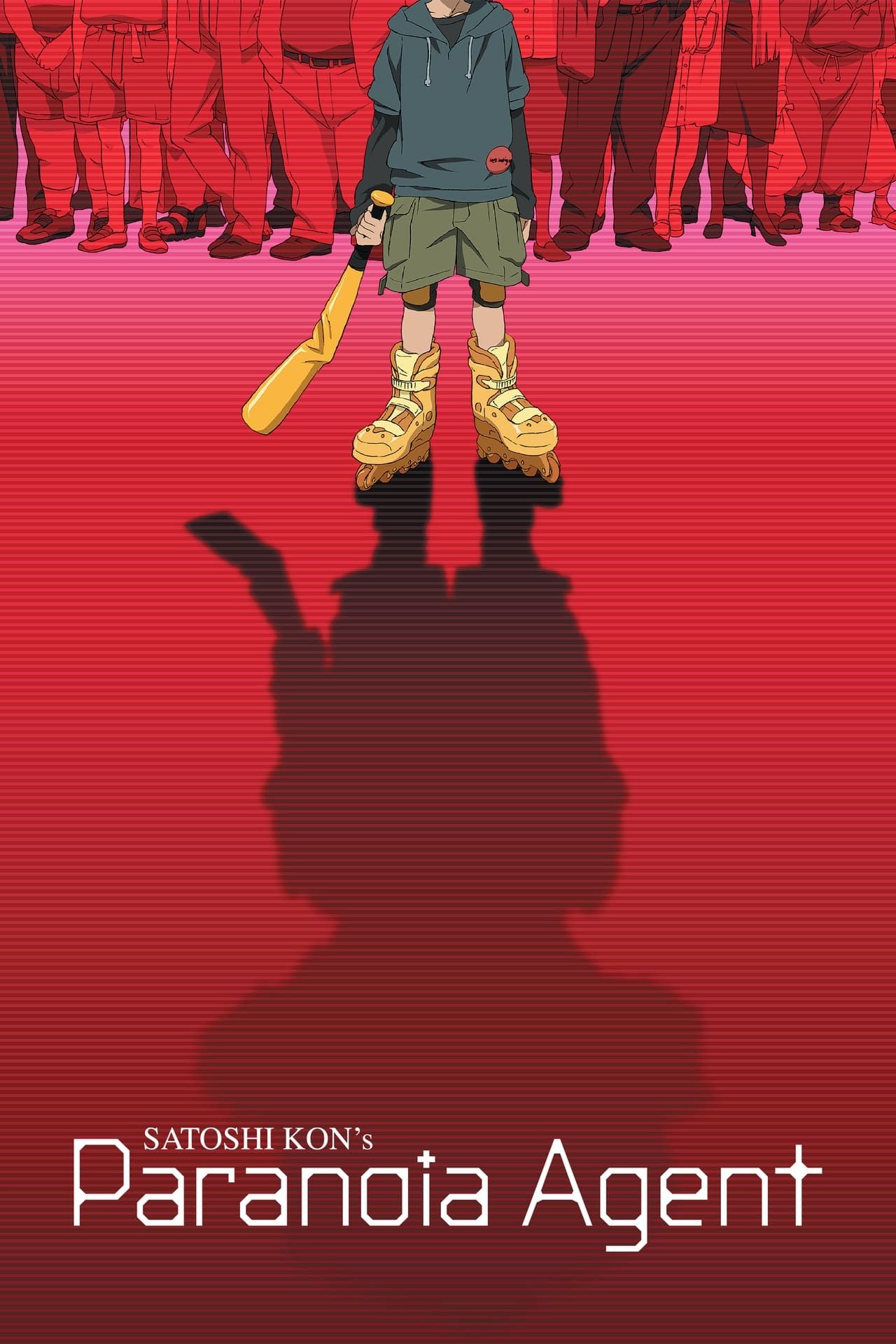
Paranoia Agent is a Japanese animated television series created by Satoshi Kon. The show follows several unconnected people in Tokyo who are terrorized by a mysterious juvenile assailant named Lil' Slugger. As the attacks increase, detectives Keiichi Ikari and Mitsuhiro Maniwa investigate the incidents, uncovering complex psychological issues and societal pressures among the victims. The series offers a critique of modern urban life and explores themes of paranoia and self-deception.
Release Date April 14, 2011
Paranoia Agent is yet another Madhouse pick, but it makes the list for many of the same reasons. The reason it makes the list is less because it's a product of its time, or because the period of its release makes it impeccably good. It's more that it's hard to imagine a way in which it could be better, and any attempt at doing so is liable to royally mess something up.
Paranoia Agent follows the story of a boy called "shounen bat" or "lil' slugger" who goes around beating people with his baseball bat. Simple enough on the surface. The story follows a loosely connected set of stories. Although every element of this anime, from the art style to the sound design, is perfect, the thing which could be lauded above all is its pacing. Paranoia Agent is a thoroughly eerie series that represents the apex of anime thrillers, all the way up to an ending that is trippy even by anime standards. Any attempt to give it a second lease on life would surely be misguided.
5 xxxHolic (2006)
Based on the Manga by CLAMP
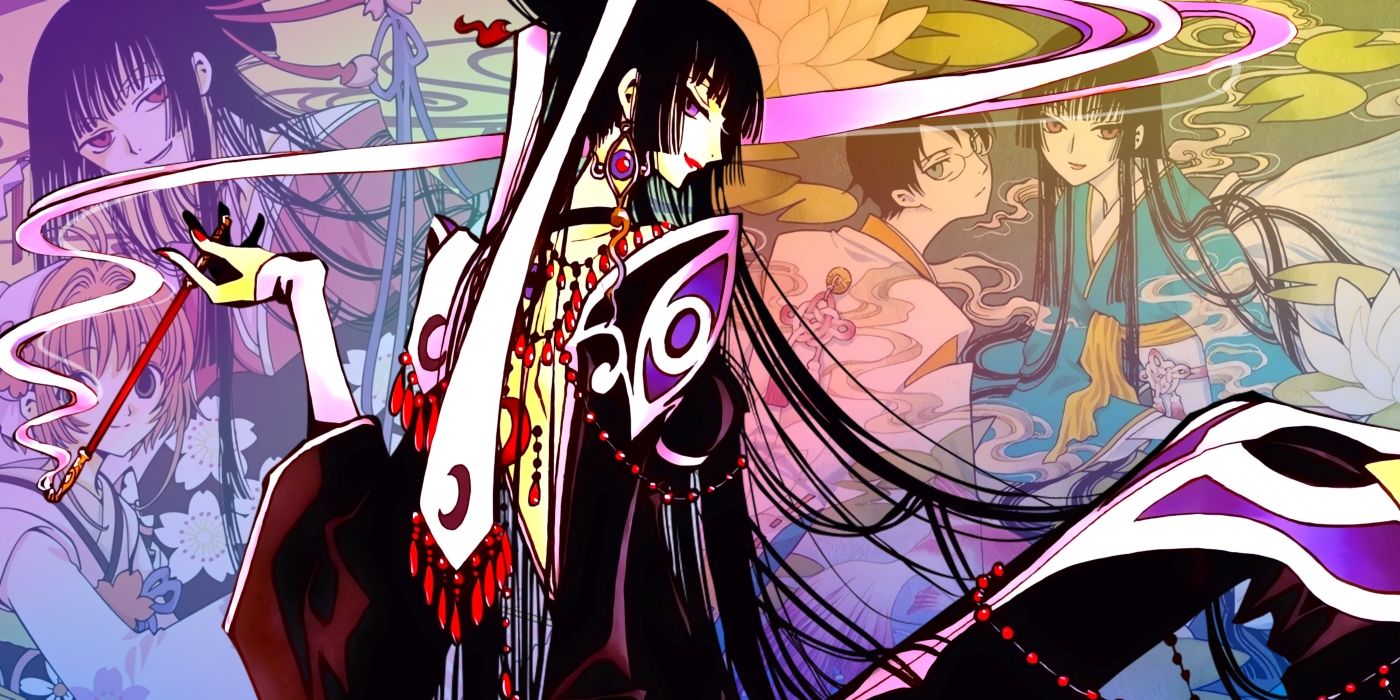 Custom Image by Rodrigo Sandoval Lahut.
Custom Image by Rodrigo Sandoval Lahut.
At a certain point, every invested anime fan comes to be familiar with CLAMP. CLAMP is an all-female group of mangaka who have worked together on some big-ticket series like Cardcaptor Sakura. xxxHolic is their foray into dark fantasy with an unsettling story about a boy who sees spirits, Kimihiro Watanuki, and a witch, Yuuko Ichihara, who promises to help the former with his spirit problems in exchange for his becoming her live-in housekeeper and errand boy.
xxxHolic has a unique art style, incredibly evocative of CLAMP's masterful efforts. That's not the reason it shouldn't be remade, though. xxxHolic folds into a whole complex of period anime, crossing over with Tsubasa: Reservoir Chronicle which in turn crosses over with other CLAMP works. There's a temptation, now that xxxHolic's sequel is coming back, to remake the anime and adapt its sequel at the same time. However, it's imperative that xxxHolic isn't remade because the works as they stand form a continuity consciously constructed in the early 2000s to fold all the works into one another.
4 Ergo Proxy (2006)
Original Anime Series Created by Dai Sato and Shuko Murase, Produced by Manglobe
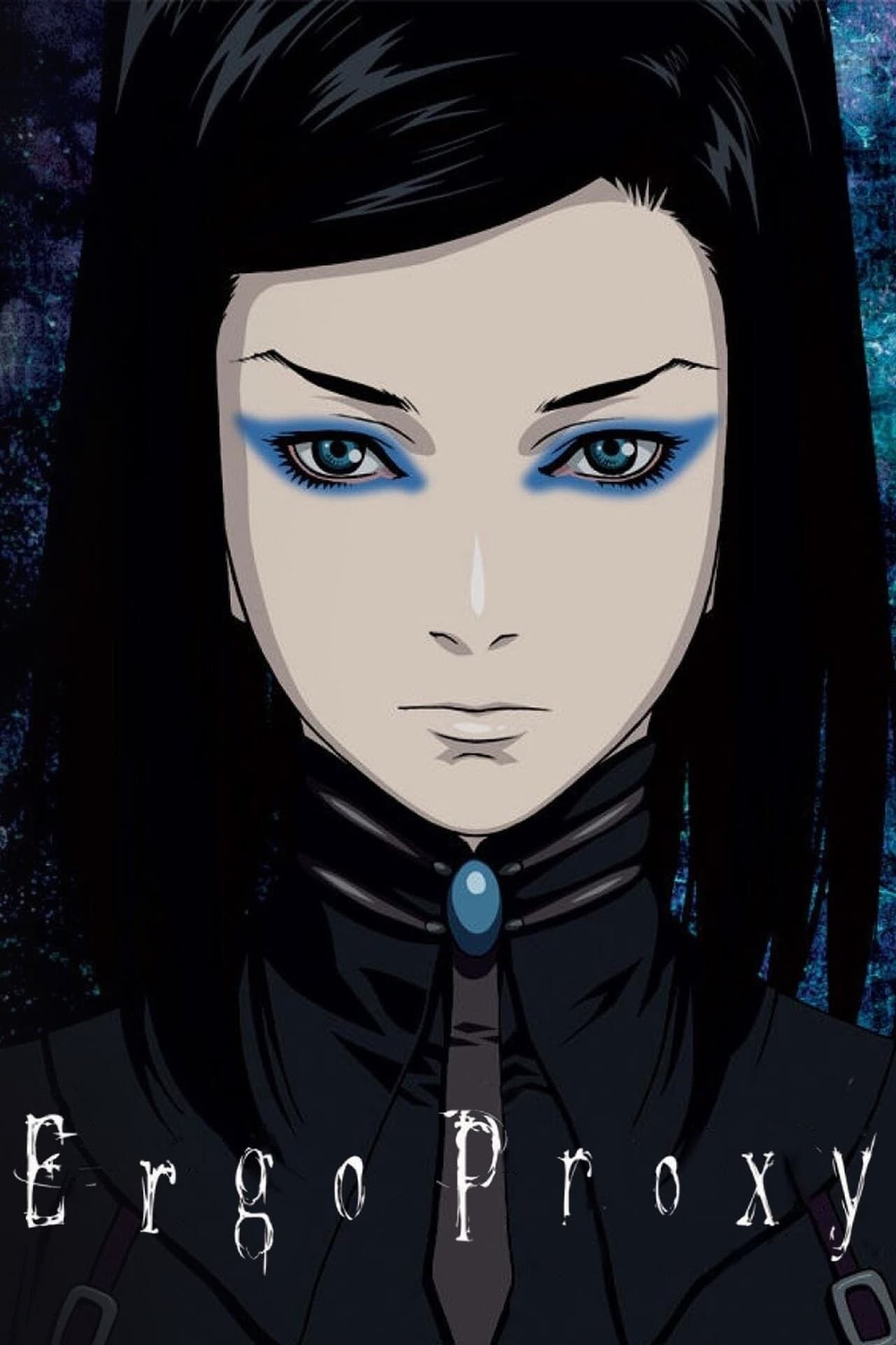
Ergo Proxy is a science fiction anime series set in a post-apocalyptic future where humans coexist with androids known as AutoReivs. The story follows Re-l Mayer, an inspector tasked with investigating a series of mysterious murders connected to a rogue AutoReiv. As Re-l delves deeper, she uncovers hidden truths about her society and its inhabitants. The series explores complex themes of identity, consciousness, and the nature of humanity.
Release Date February 25, 2006
Seasons 1
The '90s and '00s brought a deluge of cyberpunk (or otherwise technophilic) explorations into identity—Serial Experiments Lain, Texhnolyze, and the list could go on. However, Ergo Proxy sets itself apart, and it's been gaining more attention lately as a powerhouse of psychological anime.
It's absolutely a product of its time, and there's no room for argument about that. The moody colors and heavy subject matter, unafraid of dipping into philosophy, bring together the best of psychological anime from the period. The series centers around a world where humans and androids live together in peace until the Cogito virus gives them self-awareness, leading to a murder spree. Re-l Mayer, a human, is assigned to investigate, and she uncovers a deep-running plot in the process.
In a lot of ways, Ergo Proxy wouldn't suffer from a remake. Its lore wasn't explored as well as it could have been, and the series could seriously benefit in places from modern animation techniques. But Ergo Proxy is also imbued with the spirit of the times, and a remake would be seriously risky. Some of the things that fans loved about it—its thematic depth, its early '00s blend of visual technologies, and its cryptic approach to its own story—might be minimized in the name of streamlining the plot. What would result could very well be a series that satisfies nobody, especially if Ergo Proxy's remake happened for the wrong reasons.
3 Revolutionary Girl Utena (1997)
Original Anime Series Created by Be-Papas
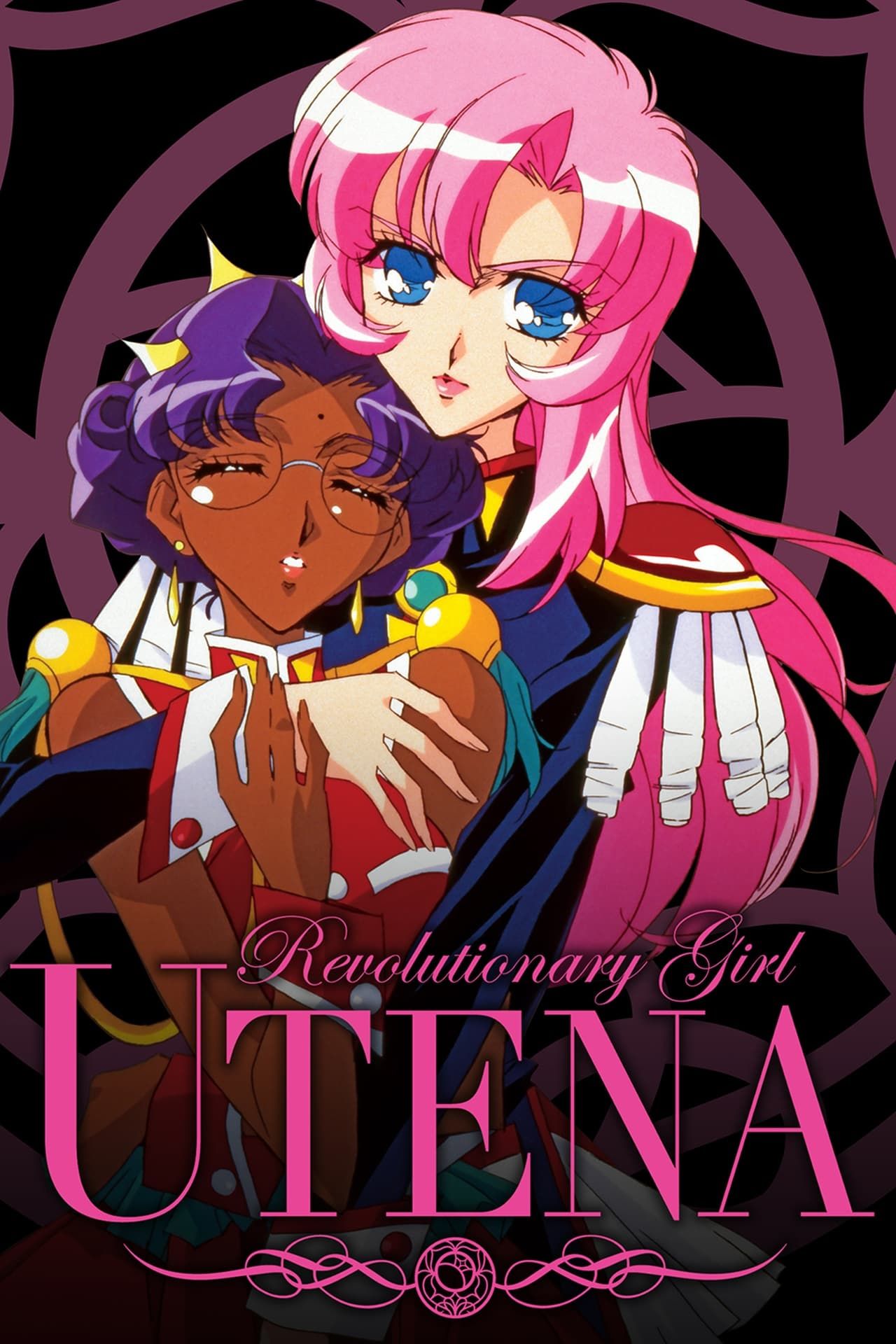
Revolutionary Girl Utena is a Japanese animated series created by Kunihiko Ikuhara. The story follows Utena Tenjou, a teenage girl who aspires to become a prince. Utena enrolls at Ohtori Academy, where she becomes embroiled in a series of mysterious duels to protect her classmate Anthy Himemiya. The series explores themes of identity, gender roles, and the pursuit of nobility.
Release Date April 2, 1997
Revolutionary Girl Utena was a fittingly revolutionary anime for the time, and it's still one of the most important anime ever made. Its experimental nature is abundantly clear when one watches it, veering further into the avant-garde as the show moves along. Utena reeks of risk as a heavily stylized exploration of gender, sexuality, and adolescence. Fans of the series love it for a million reasons, and it could easily be argued to be one of the first magical girl deconstruction anime.
Now, though, magical girl deconstruction is oversaturated. There's nothing wrong with expanding on the stories that Revolutionary Girl Utena established, but it's a risky game to try to recapture the magic that made the series influential within the market that it has already influenced for decades. Add to that the '90s bubble-gum feeling of the show that is crucial to the series, and a remake is a worrying recipe for disaster. Revolutionary Girl Utena is an amazing series, but one best left untouched.
2 Welcome to the NHK (2006)
Based on the Novel by Tatsuhiko Takimoto
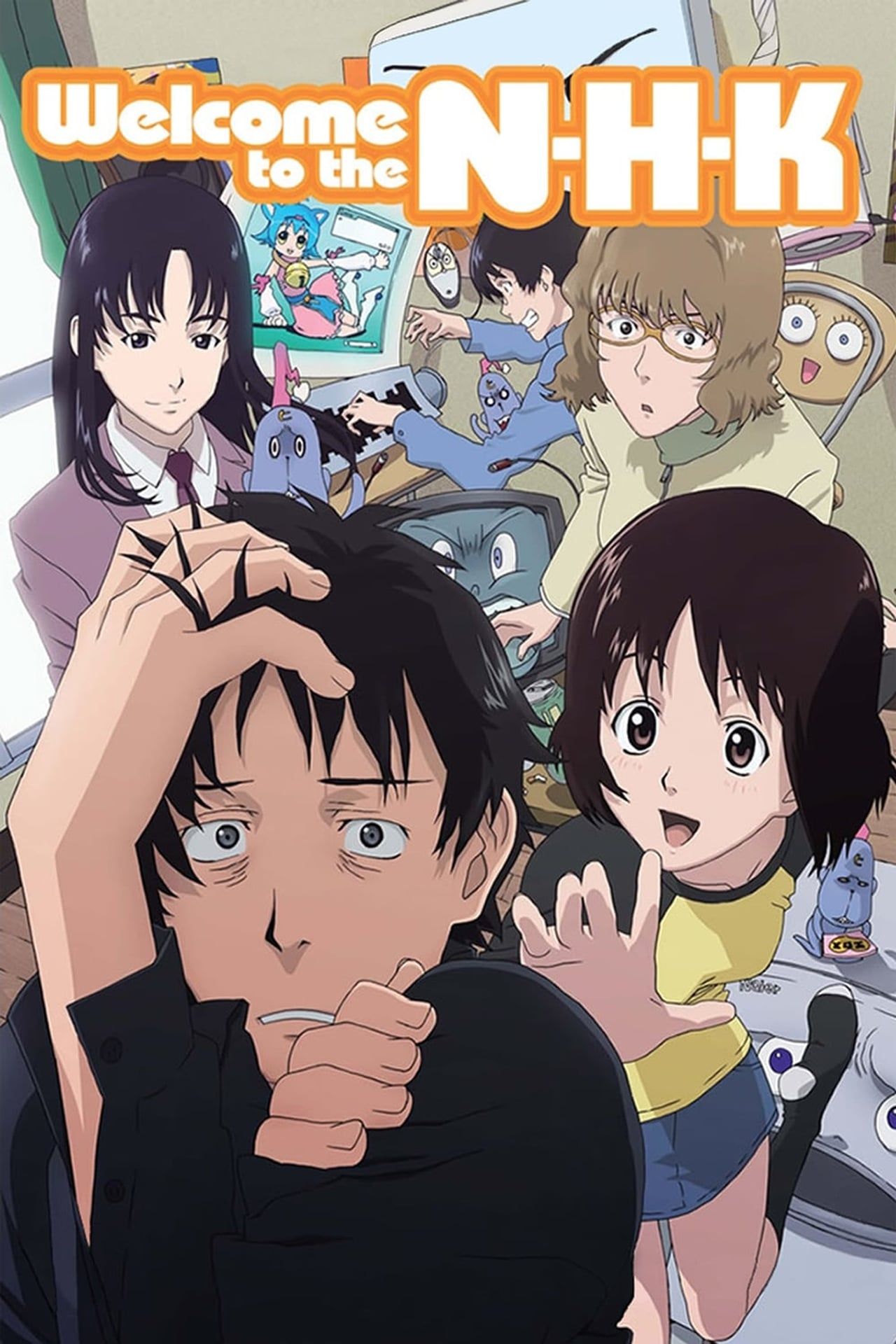
Welcome to the N.H.K. (2006) is an anime series centered around Tatsuhiro Satou, a reclusive 22-year-old suffering from severe social anxiety. The show delves into his struggles with isolation, conspiracy theories, and the various oddball characters he encounters, including Misaki Nakahara, who claims she can cure him. It provides a deep exploration of mental health issues and the pressures faced by young adults in modern society.
Release Date July 9, 2006
Seasons 1
It's worth asking what makes an anime particularly effective. There are countless examples of anime—some already on this list—whose quirks aren't just related to the time they were produced, but to the specific mindset that was taken in the adaptation. It's absolutely crucial that this mindset be respected in any future adaptations.
Welcome to the NHK is an ideal example of this. Its effective adaptation isn't so much linked to its early-2000s production stamp, but to the specific approach that was employed at the time. Somehow, the adaptation perfectly reflects the psychological descent and disarray that makes this series what it is. Although a modern approach to anime could maybe convey this more cleanly, it's worth asking whether that's even desirable. The friction of Welcome to the NHK's warts is what makes it so effective.
What makes the situation even trickier is that every iteration of the story is slightly different. Welcome to the NHK also has a light novel and a manga, but they deviate from the anime. Unlike many anime where this serves to a series' detriment, Welcome to the NHK's anime was all-around warmly received. It now stands on its own. A remake would have to tackle the question of what version of the story—if any—to adapt. Welcome to the NHK isn't a reproducible work, and that's the simple reason why it shouldn't ever get a remake.
1 Monster (2004)
Based on the Manga by Naoki Urasawa

Monster is an animated psychological thriller series directed by Masayuki Kojima, based on the manga by Naoki Urasawa. The story follows Dr. Kenzo Tenma, a Japanese brain surgeon working in Germany, who saves the life of a young boy destined to become a notorious serial killer. As Tenma seeks to rectify his actions and uncover the truth, he becomes entangled in a complex web of moral dilemmas and dark secrets.
Release Date April 7, 2004
Creator(s) Naoki Urasawa
Seasons 1
Monster is an ingenious work of art adapting Naoki Urasawa's famous manga of the same name. It covers the story of a man named Kenzo Tenma, a Japanese surgeon who comes to be blamed for the serial killings of a patient he once treated, Johan Liebert. He shifts into a life on the run as he tries to secure evidence to clear his name and put Johan away.
The reason it can't be remade is simple: it's a product of its time. Monster's adaptation comes from the Golden Age of Madhouse in the early 2000s, a period during which Madhouse pumped out moody drama after moody drama and never missed a beat. Monster's atmosphere is beautifully oppressive, with era-Madhouse's signature desaturated color palette and a soundtrack that flirts with grunge, industrial, and post-rock in a way that only a series of its time could. The voice acting is also iconic, and the whole cast absolutely nailed their roles.
If Monster needs anything, it's an HD remaster—the only official releases available as of now are low-resolution and, overall, lacking in quality. But a remake would kill the magic of the adaptation. Monster is a masterpiece of modern animation, and a must-watch for every viewer. Any remake would also be a fish out of water.

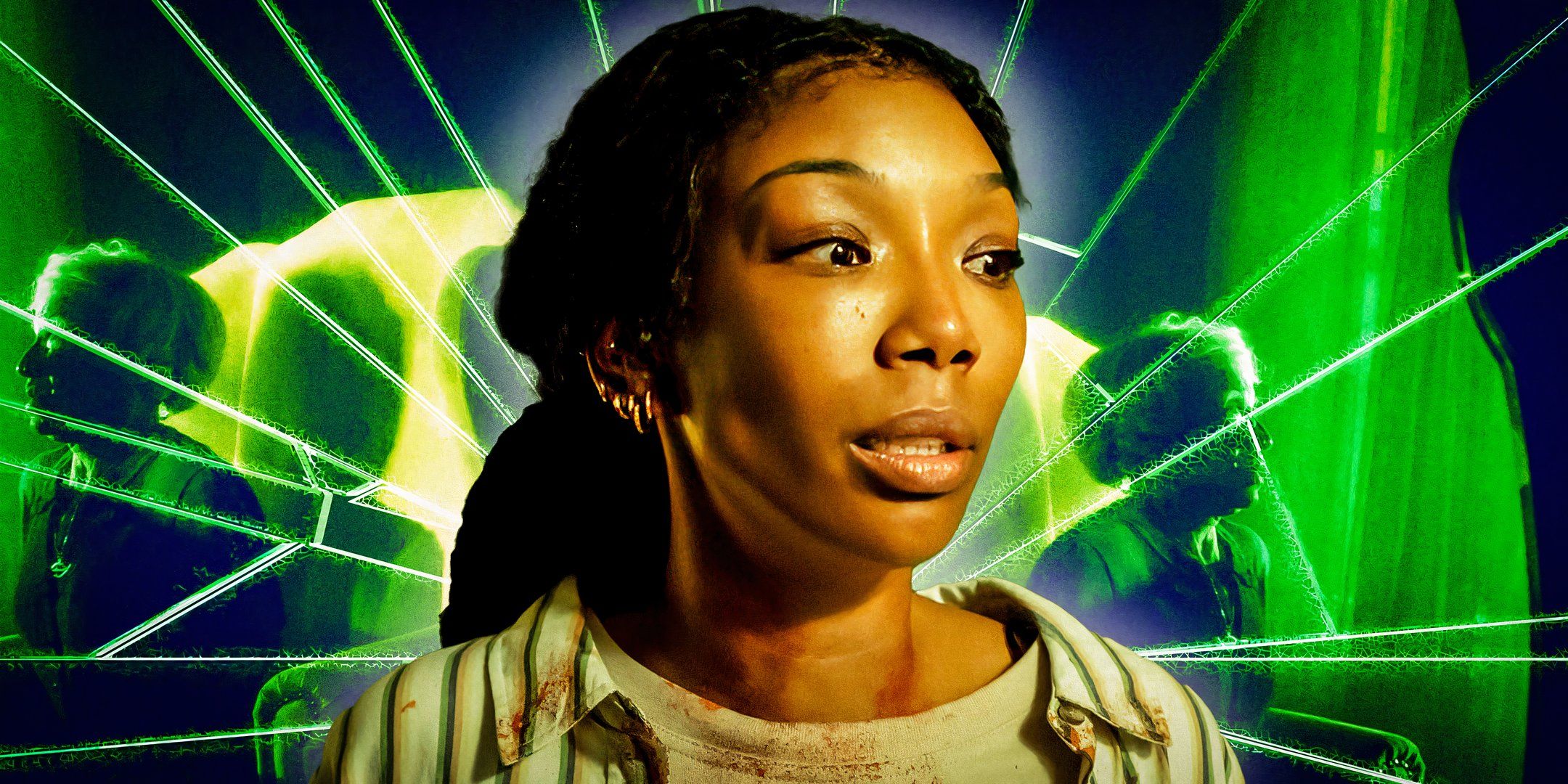
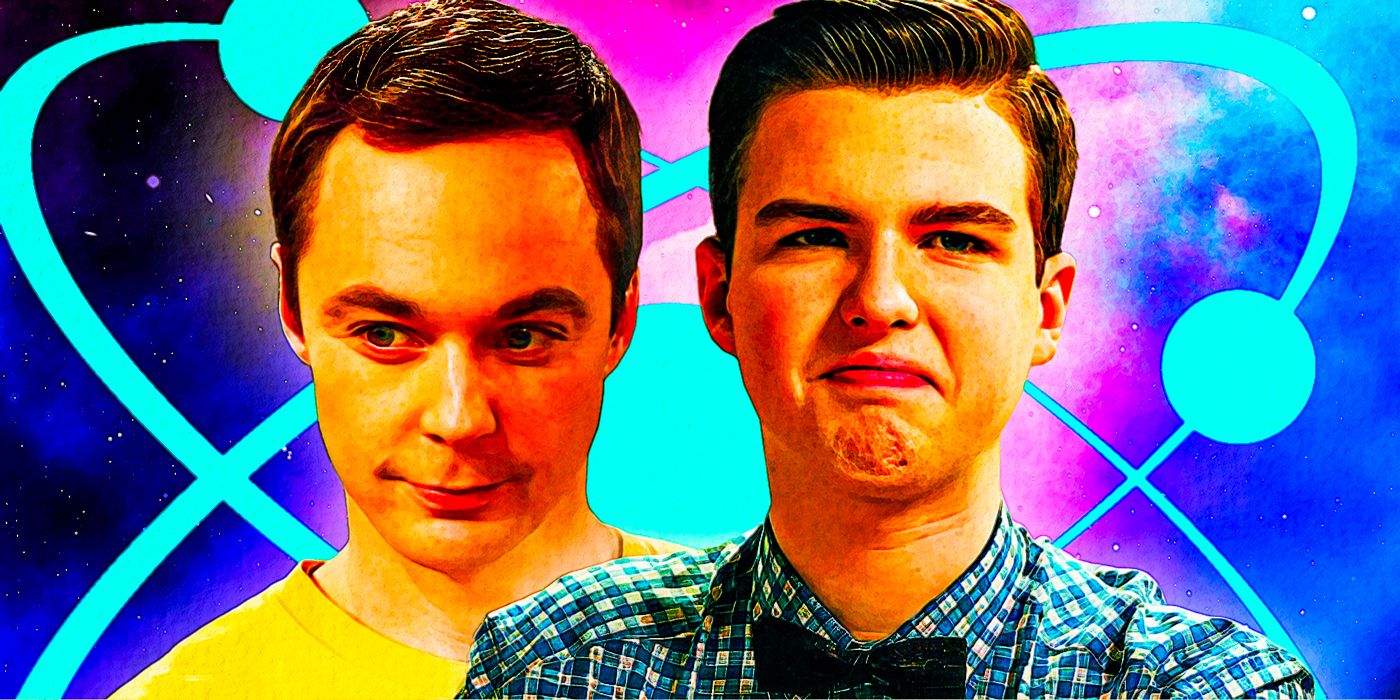
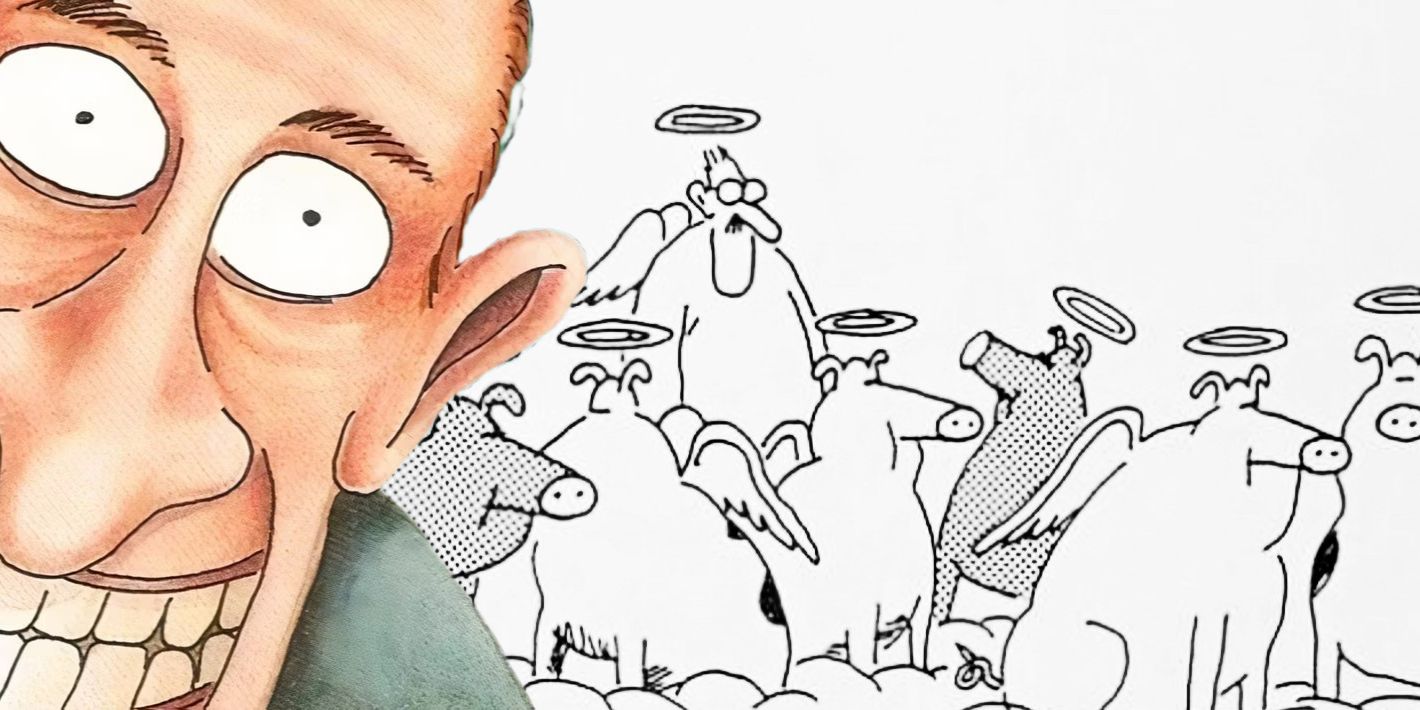





 English (US) ·
English (US) ·